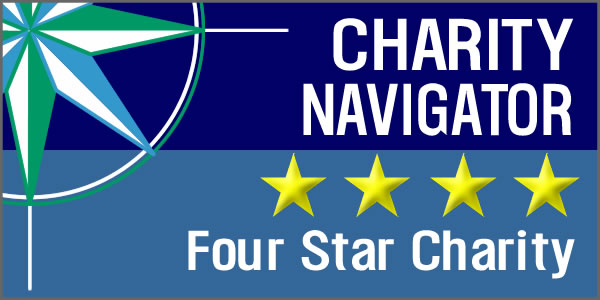On Thin Ice
How the NHL is Cheating the Climate
Mukulagate
The Network of Institutional Patronage Behind Forest Looting
The Lie Behind the Ply
How European and Chinese businesses traded 100,000 tons of problematic plywood
Tainted Beef
How Criminal Cattle Supply Chains are Destroying the Colombian Amazon
Leaking Havoc
Exposing Your Supermarket’s Invisible Climate Pollution
EIA during COVID-19:
Our advocacy and investigative efforts continue in full force
Environmental Investigation Agency
Protecting the environment with intelligence.
Countries and Regions
Documenting and exposing crimes in forests around the globe, EIA works to reform forest governance and shut down networks that trade in illicit wood products and agricultural commodities driving deforestation
Legality Policies
Enacting and enforcing strong laws against illegal timber and timber products trade in the United States, and other key consumer markets, reduces illegal logging and supports governance reform in forest countries.
Commodities and Supply Chains
Identifying and investigating high-risk sources of timber and agricultural commodities in specific sectors leads us to their final destination, where we leverage legal mechanisms in market countries to clean up supply chains.
Community Monitoring
Creating space and elevating the voices of people who live in and depend upon forests and have real-time, important information and proposals to defend them.
Global Action
A global phase-down of HFCs at the Montreal Protocol is the largest, fastest and most cost-effective climate change mitigation option currently available.
Country Transitions
Large HFC consuming countries must lead the way in enacting regulations to phase down HFCs and commercialize alternatives
HFC-free Technologies
Widespread adoption of HFC-free technologies is cost-effective, energy efficient, and climate-friendly.
Standards and Codes
Updating existing standards and codes, which currently prevent market uptake of HFC-free alternatives, is critical to successful implementation of a global phase down of HFCs.
Preventing Illegal Trade
Illegal production, use, and trade in banned or controlled ozone-depleting substances and greenhouse gases used in the cooling sector remains a critical obstacle to international efforts to limit the worst impacts of climate change.
Elephants
By investigating and exposing ivory trade where it is found, EIA fights for stronger regulations to shut down all ivory trade, including at the domestic level, and increase protections for elephants.
Rhinos
By prompting key countries to act, EIA is fighting to stop the out-of-control poaching of rhinos.
Belugas and Other Whales
EIA is working to ensure protection for the white beluga whale, a species that faces an uncertain future in a rapidly warming and increasingly industrialized Arctic.
Impact and Results
“Throughout the entire policy-making process, EIA was perceived as the most active and well-known agent, being ascribed [as]…having an expert status on the topic…committed and well-connected…as builder of the [coalition].”
– “Divide and Conquer – Discursive agency in the politics of illegal logging in the United States,” Global Environmental Change, November 2015
For over a quarter century, EIA has been recognized by government agencies, nonprofit organizations, and independent journals, like Global Environmental Change above, for its extraordinary work on the ground and at the heart of solving global environmental problems. Our team can be found in the field working with civil society collecting information, deeply entrenched in research and data analysis, and at international negotiating platforms poised to propose solutions that work.
Our interlocking campaign program works to protect threatened wildlife, forests, and our global climate. Divided among these three core areas, we are determined to protect the environment with intelligence.





